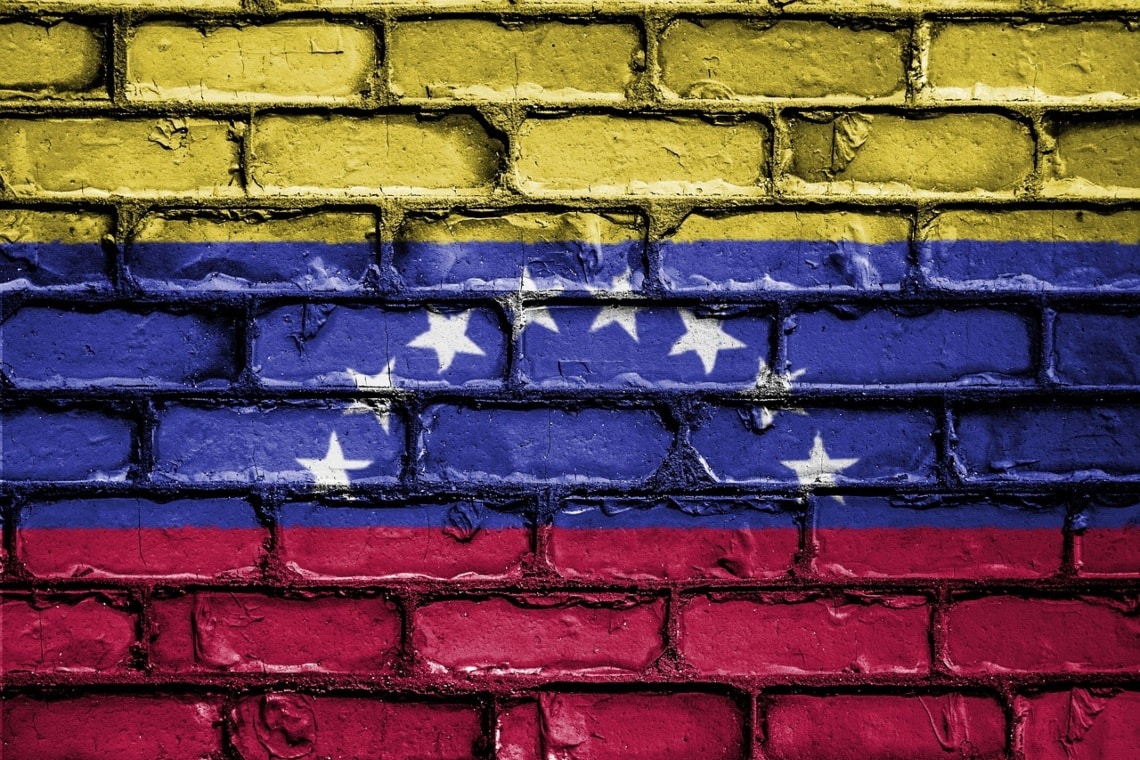Major problems have been occurring on the blockchain of Venezuela state crypto Petro in recent days.
The news was shared on Twitter by CryptoLand.Vzla, which revealed a situation described as alarming “that undermines the most important asset of any economic system: trust.”
Indeed, as of Wednesday, 24 May, the Petro blockchain was blocked, suddenly and without warning, making transactions between wallets impossible.
Furthermore, a few hours later, again without warning, the accounts of hundreds of users of the Patria platform were blocked and deleted.
Summary
Venezuela: the digital Petro crypto project
The Petro is not actually a real cryptocurrency, because it is not decentralized at all. It is a fully centralized digital currency, issued by the state of Venezuela, based on a sort of blockchain, which is also not decentralized and not public.
However, it is the first such experiment that has ever been attempted in the world, as it was born five years ago.
However, the project was always in trouble, so much so that by the following year there were strong doubts as to whether it was really being used by Venezuelans.
In 2020 an attempt was launched to resurrect what actually seemed to be an already dead project, so much so that a revival project was launched in 2021.
More than two years later, however, it is clear that there are still major problems, likely undermining its very survival.
In January 2021 Venezuelan President Maduro announced with great fanfare that it would be “the year of the Petro,” and instead that was the year of the big bull run of the real cryptocurrencies, the decentralized ones.
He said that the revival of the use of the Petro and blockchain-based technologies, along with the development of the Patria system and the generation of new applications, would kick-start the development of solutions to specific problems as early as 2021. To date, however, it appears that none of this has happened.
Crypto news: the problems of Petro in Venezuela
Indeed, it is the Petro blockchain itself that appears to be having problems.
Yesterday, the Petro blockchain actually restarted then, but the fact that it is being shut down arbitrarily by the state makes it clear how non-innovative this project actually is.
What’s more, it had already been restarted a first time on 27 May, only to be shut down again the next day.
So the fact that it restarted yesterday is no guarantee at all that it can continue to function.
Being a completely state-controlled digital currency, it is unclear what real advantage it can give its users over traditional currency used with digital tools.
In theory the Petro (PTR) is supposed to be a currency collateralized in oil, as the name implies, but since it is not convertible into oil this turns out to be just a propaganda statement to convince the less experienced that it has intrinsic value.
For instance, there is no known circulating supply of this digital currency, so it is not even verifiable whether it is actually collateralized or not.
Since it is not even freely exchangeable in the market, it has no real market value, but a fixed price arbitrarily created by the Venezuelan state.
The Petro is a fiat currency
The assumption is that it is basically just a propaganda stunt to issue new fiat currency by passing it off as a stablecoin, but without a real hedge that can guarantee its value.
It is worth mentioning that Venezuelan Bolivar inflation is over 400%, so an alternative currency that apparently maintains its value against the US dollar would seem to be a good alternative.
The Petro has nothing in common with a real cryptocurrency or a true collateralized stablecoin, while it has almost everything in common with a regular fiat currency based only on trust.
It is probably no coincidence that it has never been listed on any public exchange, precisely because any free exchanges would have revealed its true market value, presumably much lower than that set arbitrarily by the state.
In fact, if it is always possible to buy Petro from the Venezuelan state thereby giving it US dollars, Bitcoin or Ethereum, it seems that it has now been impossible for more than two months to sell PTR to the state by cashing in other currency.
The problems of the Petro issuer
But it gets worse.
Sunacrip is the Venezuelan government agency that issues and manages Petro.
In March, the head of Sunacrip, Joselit Ramirez, was arrested for allegedly participating in a multibillion-dollar bribery scheme.
The allegation is that he embezzled as much as $3 billion from the sale of Venezuelan oil. Venezuela is a socialist state where the company responsible for extracting and selling oil is state-owned.
Sunacrip has since been under the temporary management of an intervention committee.
So although some have speculated that the problems these days at the Petro blockchain might be due to a cyber attack, or a bug, it is not unreasonable to imagine that they might instead be due to some top-down state intervention.
In other words, the Petro project is now treading water, and it is not certain that it will not come to a similar end as the Bolivar and end up losing much of its real value.
In fact, it is worth remembering that if PTR tokens cannot be used, for example because the blockchain does not work or because the wallets have been blocked, their real value is zero.




